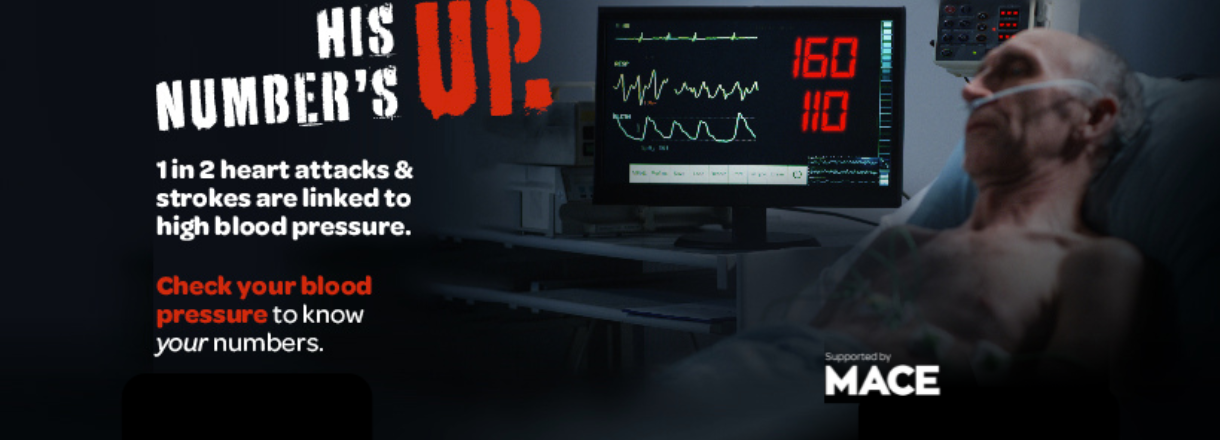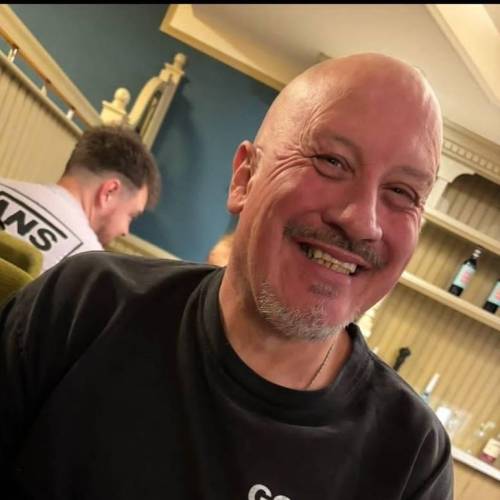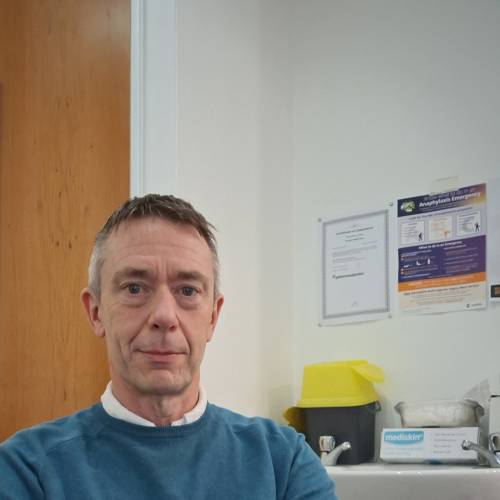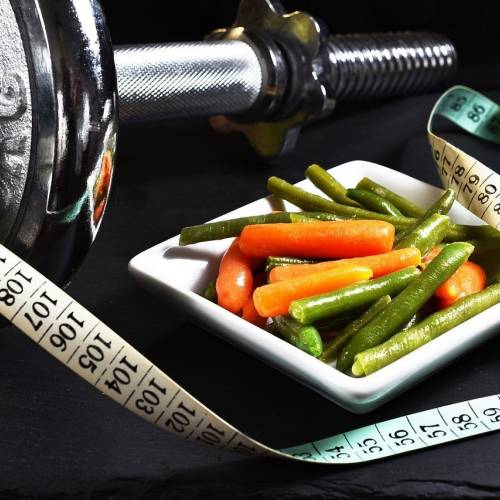Is Your Number Up?
1 in 2 heart attacks & strokes are linked to high blood pressure.
Check your blood pressure to know your numbers.
We are running our blood pressure campaign to raise awareness of untreated high blood pressure, which is often known as The Silent Killer.
High blood pressure often has no visible signs or symptoms. It is therefore important to get your blood pressure checked, get treatment if necessary, and change your lifestyle if your blood pressure numbers are high.
Keep reading to find out more about high blood pressure and how you can get yours checked to find out if your number's up.
What is High Blood Pressure?
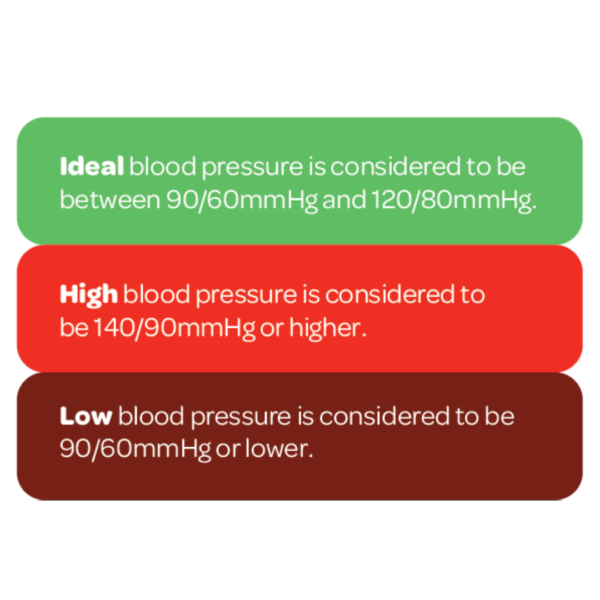
If your blood pressure is consistently higher than 140/90mmHg then you may have high blood pressure.
High blood pressure is not a disease in itself. However, it can lead to an increased risk of heart disease and strokes.
High blood pressure puts pressure on your heart, making it work harder. Over the years untreated high blood pressure slowly damages the blood vessels by making them narrower and more rigid. It can also cause small tears and damage to the insides of the blood vessels.
As your blood vessels become more damaged and rigid, your heart has to work even harder to push the blood through your blood vessels and the overall blood pressure rises further. It becomes easier for clots to get caught and for fatty debris (atheroma) to block your blood vessels.
This can result in clots that may travel to the heart or brain and cause a heart attack or stroke. Failure to detect and treat high blood pressure can lead to heart attack, heart failure or stroke and other conditions like dementia.
6 out of 10 strokes could be prevented by managing high blood pressure and leading a healthy lifestyle.
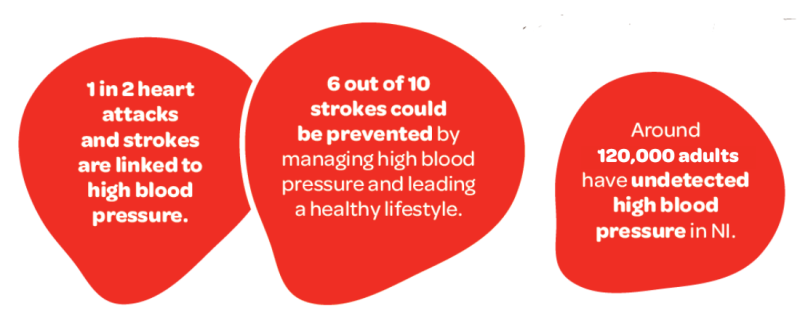
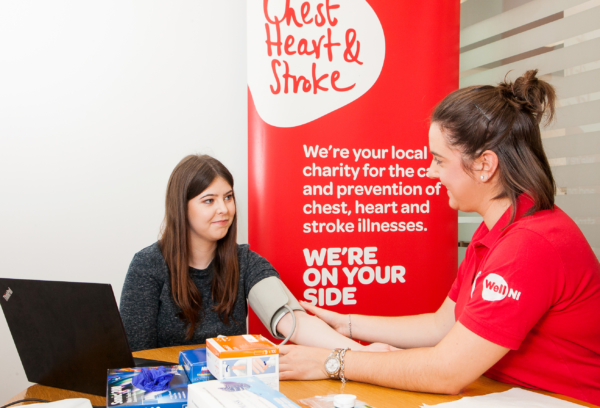
Keeping an eye on your Blood Pressure
High blood pressure rarely has any symptoms. The only way to know your blood pressure (BP) is to have it measured.
High blood pressure is more common as you get older so it is important to get it checked regularly. It is recommended that you have your blood pressure checked at least every 5 years, however, if you are at greater risk due to factors such as a family history with high blood pressure, you may wish to get it checked more regularly. Even if you are on high blood pressure medication, you should still have your blood pressure checked once a year. Your blood pressure could still be high and you may not know it. If this is the case, you will need to speak to your GP to make adjustments to your lifestyle or medication to treat it further.
People with type 2 diabetes should have their blood pressure checked annually.
There are a number of ways you can get your blood pressure checked:
- Make an appointment with your GP
- Visit your local pharmacy which may operate a blood pressure monitoring service
- Buy a blood pressure machine for home monitoring
- Book a Well Check with NICHS - to find more information about our health checks, click here.
- Come along to one of our FREE Pop-Up Blood Pressure Checks taking place at MACE stores and other locations across NI during our campaign - see the full list of dates and locations below.
If your blood pressure is checked at your pharmacy, during an NICHS Well Check or with an at home blood pressure monitor and is consistently showing over 140/90mmHg, we recommend you make an appointment with your GP for further tests. If you experience any stroke or heart attack symptoms, always treat this as an emergency and call 999.
Checking your Blood Pressure at Home
Buying a blood pressure monitor to use at home can allow you to check your blood pressure easily and regularly. Watch our step-by-step video guide below and download our FAQ Guide to find out more.
-
Blood Pressure Monitoring at Home – Frequently Asked QuestionsDownload pdf
